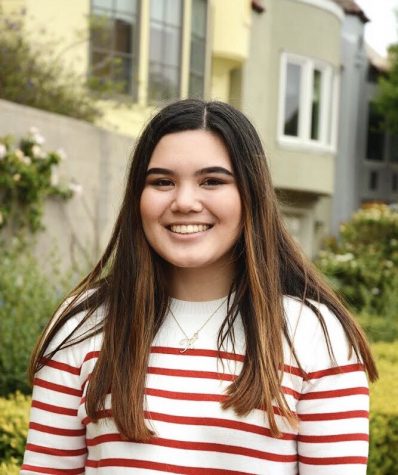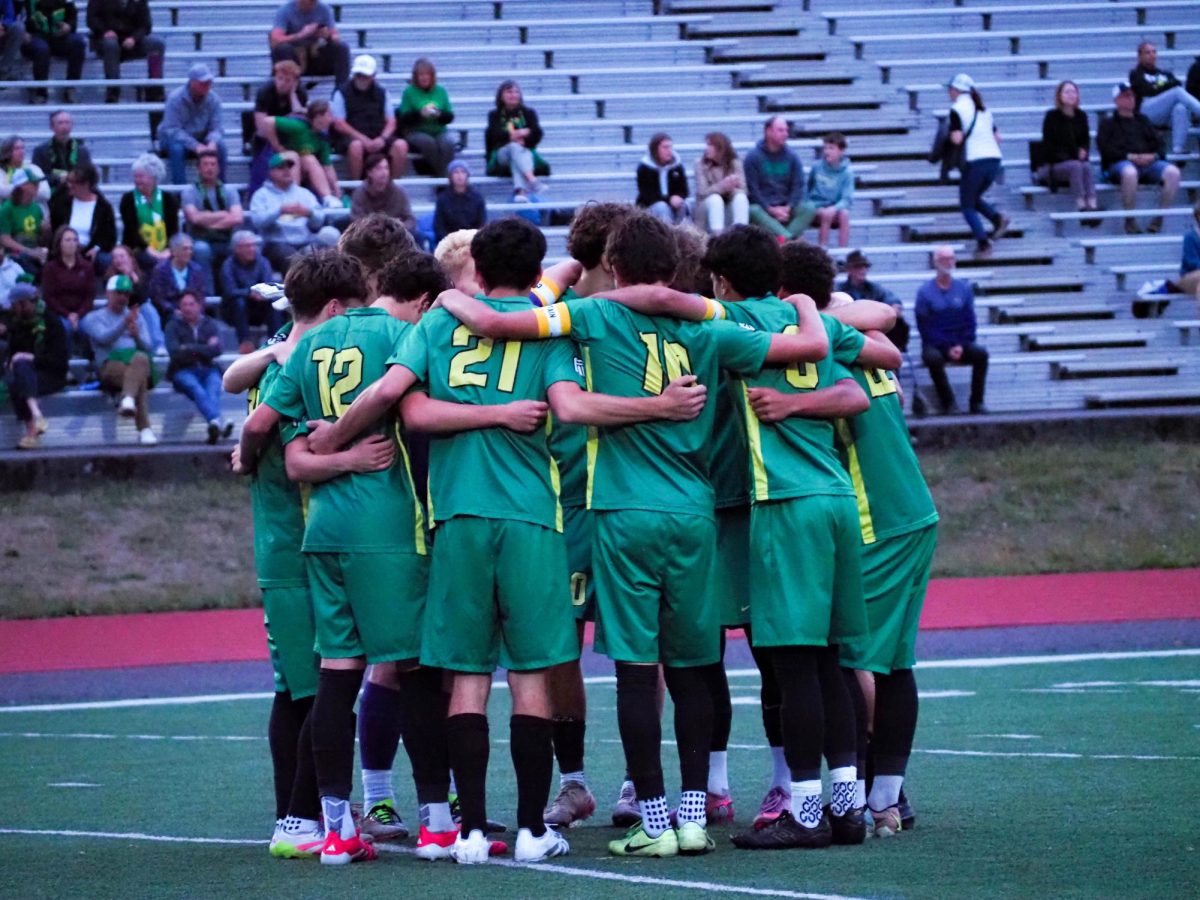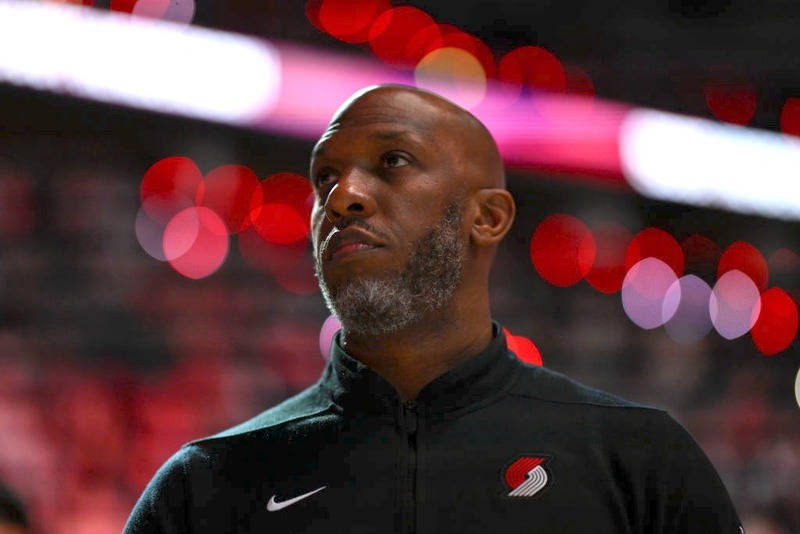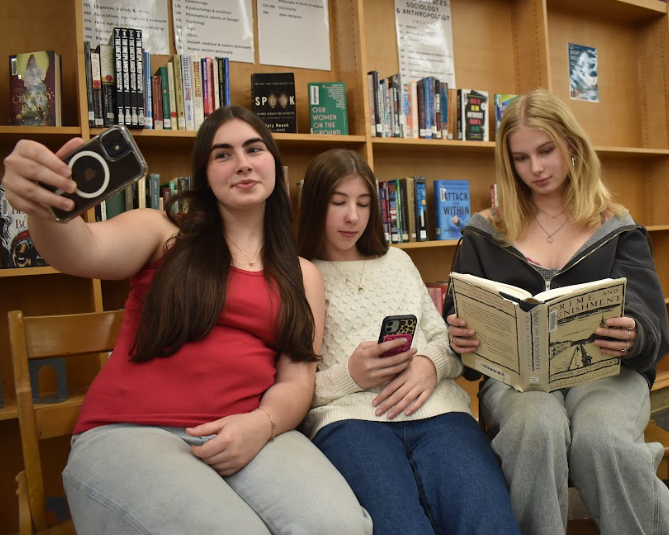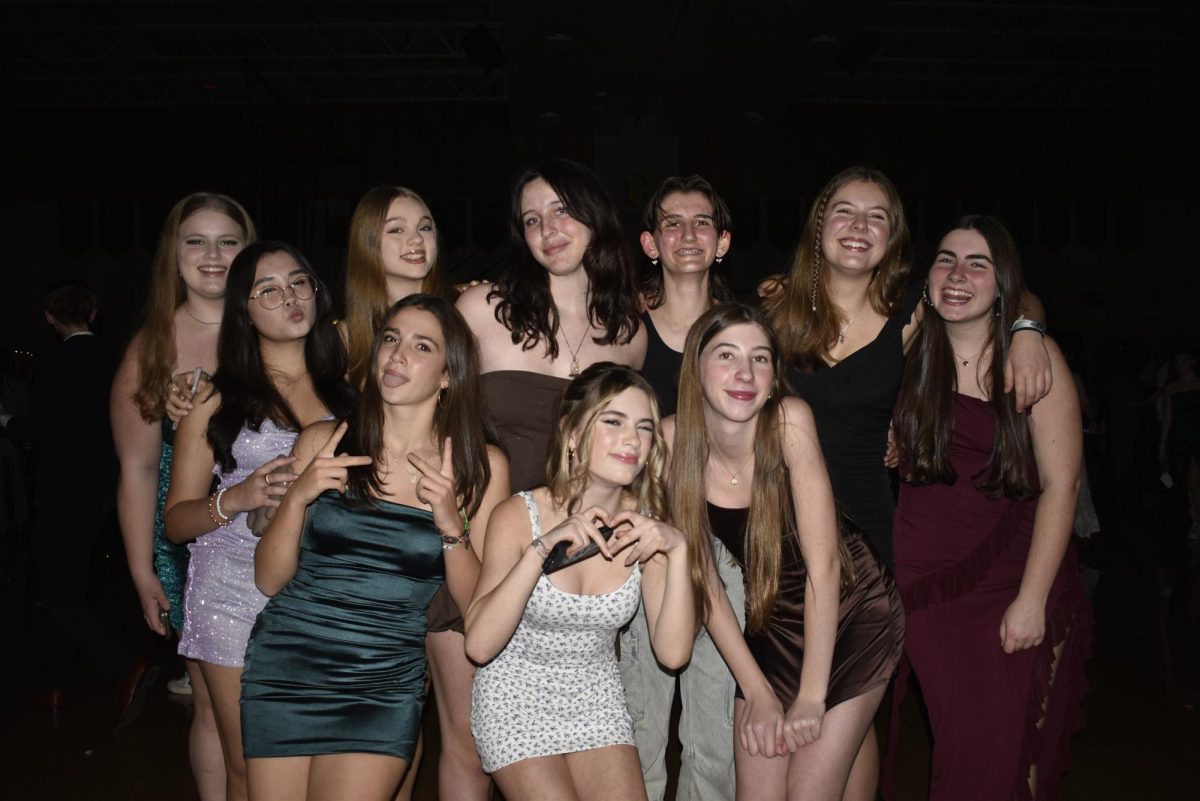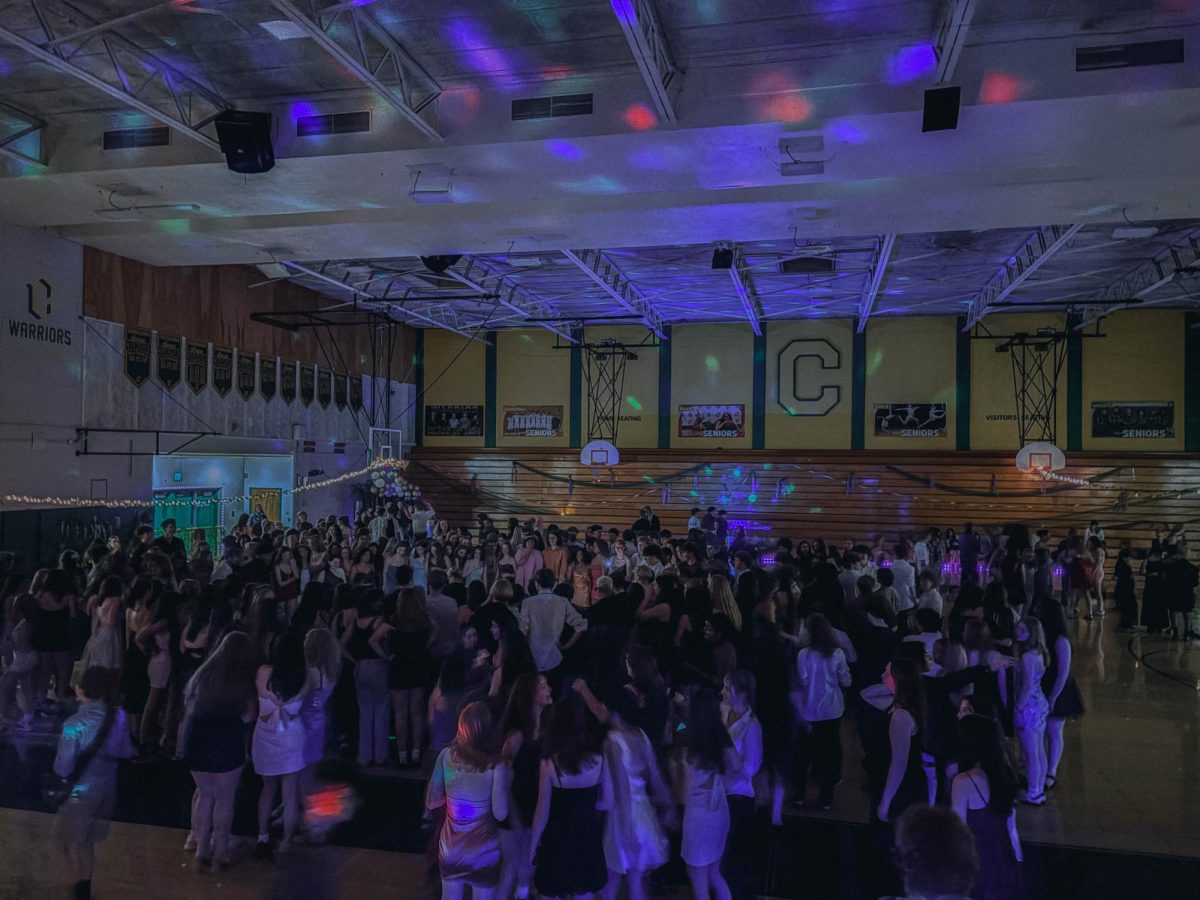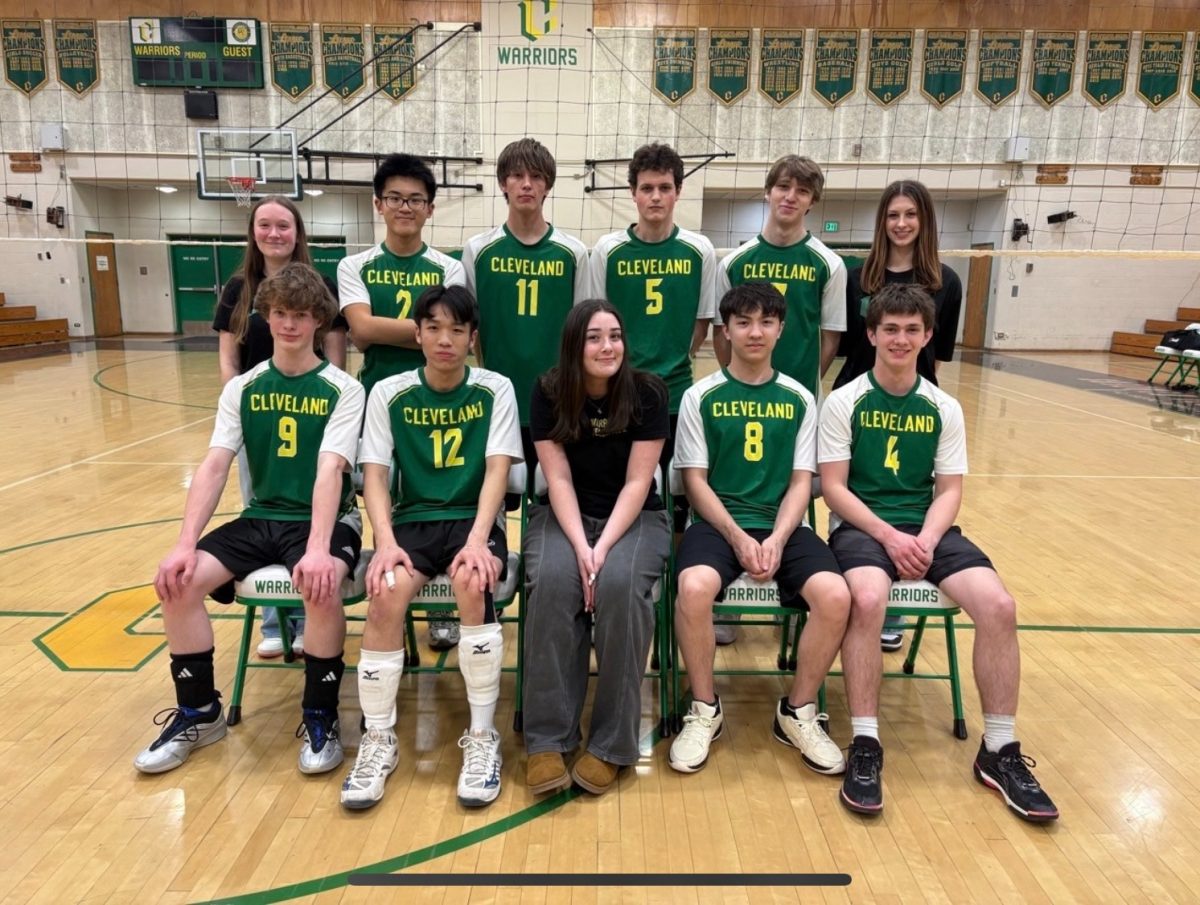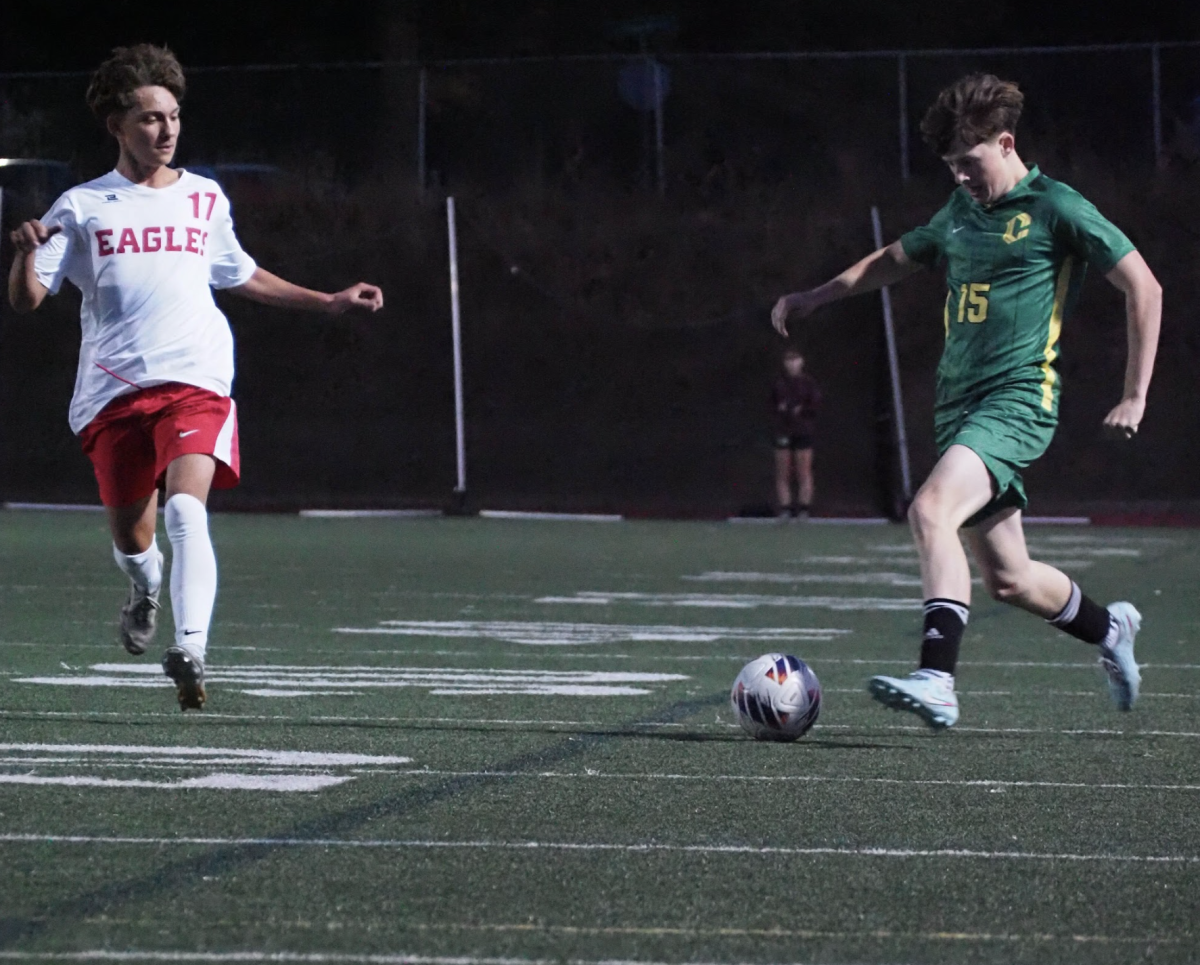Raphael House Addresses Concerns
January 5, 2017
Cleveland students and faculty gathered in the library during flex on Nov. 30 and Dec. 1 as The Raphael House of Portland provided an open space to ask questions and learn about sexual assault and consent and how to address it.
The Raphael House of Portland describes themselves as a “multi-faceted domestic violence agency dedicated to ending intimate partner violence for good. We serve individuals and families of all backgrounds, cultures, ages, and sexual orientations,” Julia Noble and Nick Guerrero, members of the organization, acknowledged.
The group has been involved for around 40 years, originally addressing the female victims, but later changed to accepting anyone affected by sexual assault in any form. They provide shelter and safe spaces for those in need, and educate others about prevention.
Because Cleveland’s first dance of the 2016 school year on Dec. 2 followed the lectures, Noble and Guerrero made sure to give students the information they needed to recognize and stay safe within the crowded environment. The school’s history of unsafety on the dance floor is what prompted them to inform students and staff about what can happen and how to address situations.
Students were given the task of writing down what they wanted to gain from the conversation, with questions and statements ranging from “How do you recognize assault” to “How to help victims in need.” These started the conversation about defining consent and sexual violence.
“When we define it, we say that consent is an enthusiastic ‘yes,’ when ‘no’ is a safe and possible option,” Noble explained. “So that’s going to be an important caveat to consent that we all know that there are lots of situations where no is often not a safe or possible option, and so if you were in a situation like that, you are likely not able to be giving consent.” Noble and Guerrero pressed that consent is continuous and your responsibility, but they recognize that situations arise where it’s confusing when to take action.
Students voiced concerns regarding inappropriate dancing and sexual acts that were already expected and are difficult to address. Sophomore Mia Johnson shared, “I’ve only been to one Cleveland dance as a freshman, but it’s mostly inappropriate dancing and I think Cleveland just has that kind of culture where… you just expect that’s how it’s going to be, so grinding is just like what happens at our dances and that’s what we’re trying to change.”
A pledge was issued by the junior-senior leadership class for students and parents to sign to assure that the dance would be a safer environment. The Raphael House worked with this pledge to further encourage students to abide by the rules and make safe choices.
The pledge seemed successful overall with the dance environment feeling appropriate and open. The change in lighting and placement of the DJ in the center of the dance floor created a better space for safer dancing. Eric Mirsepassi, activities director, described this dance as an opportunity to “flip the script” and have the culture of Cleveland dances a more positive experience. Representatives from the Raphael House, including Noble and Guerrero, were available at the dance to give out fliers with information about the organization and to provide support and a sense of safety if needed.
The Raphael House also explained in their discussion how bystander intervention is similar to the the golden rule of bullying and is important in reporting acts of sexual assault; if you see something, say something. There are plenty of ways to help and intervene, such as directly calling out the person, getting an adult or friend to help, or pulling the person out of the situation while avoiding the perpetrator. However, it isn’t always the people directly involved in the inappropriate acts that are affected by certain situations.
“Even if two people are fine, and you know everything was probably fine between them, it’s not just about those two people,” Noble explained. “It might be making somebody else super uncomfortable that maybe has had a problem with that in the past or maybe has a history of abuse, and we would call that trying to be more trauma-informed in spaces to recognize there might be people in the space that you’re in that have really different experiences than you and might feel uncomfortable at different things, things that you might be fine with.” Consent or nonconsent, it’s important to take everyone into consideration.
It’s crucial to make sure everyone knows that people care and will give support. “Sometimes these topics can get really heavy, and we don’t want you all to feel like you have to handle it all yourself if someone is ever disclosing something to you that you don’t feel like you can handle,” Noble acknowledged. “It is ok to encourage that person to go to someone who might be able to help them more, and that could be a whole variety of other resources. That could be confidential advocates like [Guerrero] or me, that could be a crisis line or a help line, school counselor, parent if they’re feeling safe to talk to their parents … .”
When addressing someone who has been assaulted or affected by an indecent act, it’s important to not give pressure, keep the conversation confidential, get support, and listen without judgement. As Guerrero explained, “Listen, and listen nonjudgmentally and really believe the person … . If someone is sexually harassed or sexually assaulted, someone might be like, ‘Well, why were you walking there, why were you wearing this, or why did you …’ It’s really common for us to want to ask them why they did something that we, in our mind, believe got them to their situation.”
With students’ initial concerns about the dance being intimidating, the seminar given by The Raphael House was an ethical and good way to address concerns.



